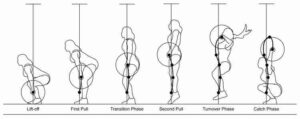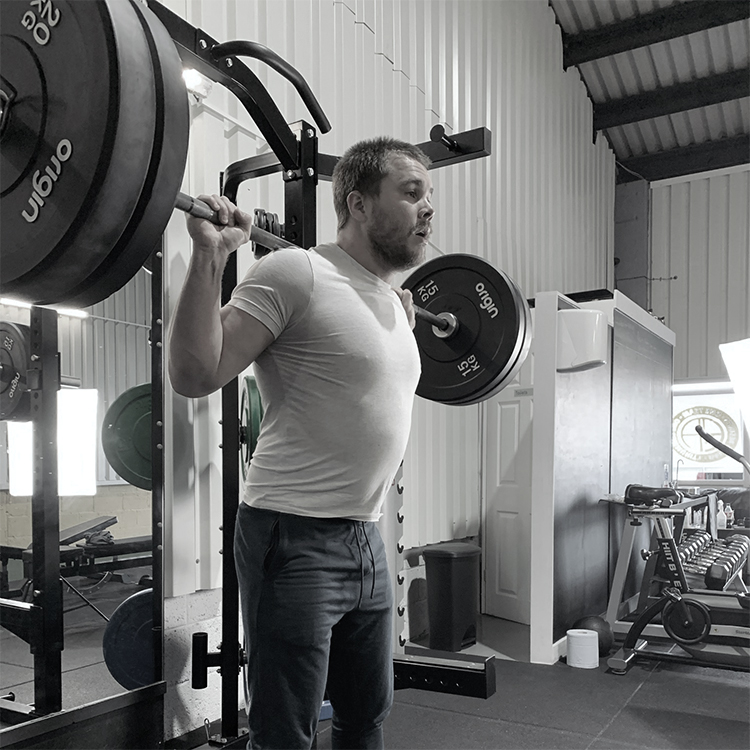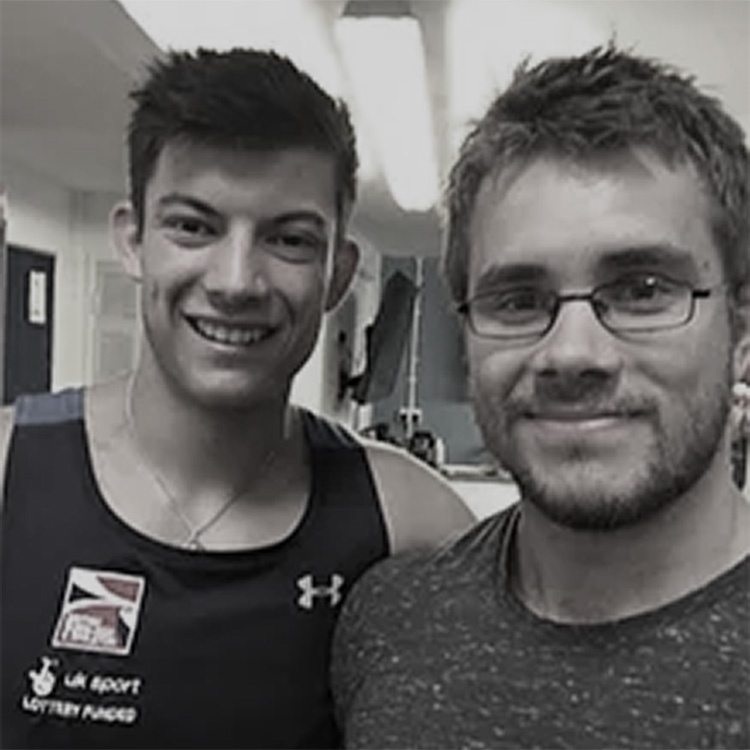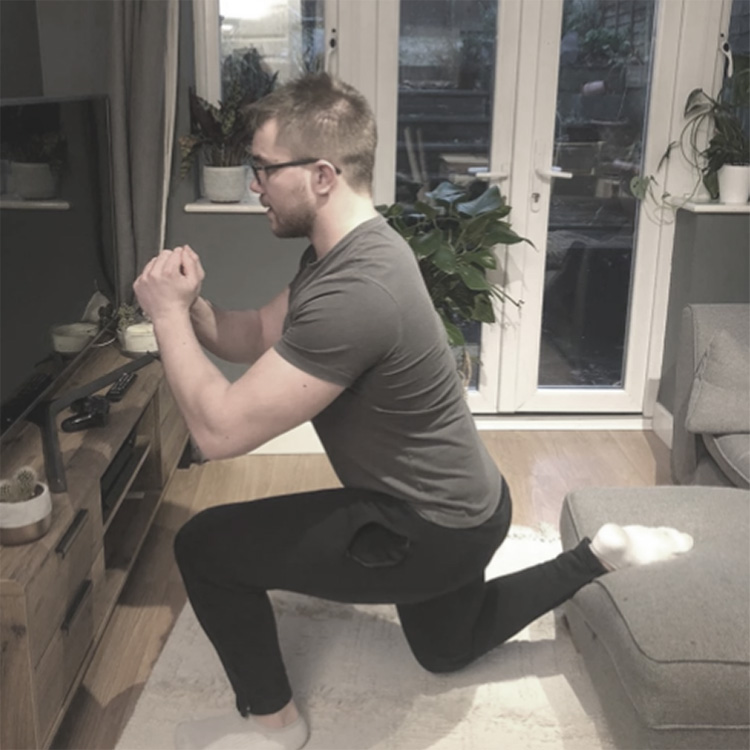The Snatch and the Clean & Jerk are movements both performed in various competitions and by athletes in their strength & conditioning programmes. Not only are they (and their derivatives) extremely useful for athletes that use them primarily in their sport (Weightlifters & Crossfitters) but they have also been proven to be extremely useful in developing athletes in other sports such as Running, Rowing, Tennis, Rugby (the list really dooes go on).
In this blog I shall explain the reasons why athletes do not progress with their lifting.
First of all, lets define what I mean by progress for this blog. Progress in the context I am discussing is the increase of weight performed. Of course you can progress the lifts in different ways such as technicality and consistency, but today we shall focus on why you are unable to add kilos onto the bar.
Being technically proficient with the lifts is of course a huge deciding factor on your ability to perform them and develop them. if your technique is off then you are not only risking your performance, you are also increasing the risk of injury. There are a few ways to learn the lifts, however I have found that starting with the Snatch and learning it using the “reverse chain” method is the most productive way. The “reverse chain” method entails you learning the movement from the top (holding the bar overhead) then systematically moving down to the bottom (including derivative exercises that enhance position and movment). Generally coaches start with the Snatch because it is the most “alien”, technical and mobility challenging movement out of the Olympic Weightlifting movements. If you can Snatch then you ought to be able to Clean & Jerk.

Being technically proficient basically allows you to express your force and power production more effectively. If your bar path, weight distribution, positions and/or bar velocities are off then your overall performance will drop. There are a lot of reasons why your technique might be off and there are a lot of boxes to tick to ensure your technique is acceptable. It takes a trained eye to identify the problem and coaching knowledge to know how to remedy the problem. Hiring a good coach is a no brainer for anyone who wants/needs to learn the olympic lifts.
Spending too much time on technique
Although this statement goes against the last, it is still valid. Individuals who spend ALL their time working their technique will also find it hard to progress. At the end of the day, you do need to lift some decent weight to make Strength, Power, Rate of Force Developemt (RFD) and rate coding adaptations. Although better technique will allow you to unlock your capacity, it will not necessarily increase your capacity.
It is also important to ask the question “what is perfect technique?”. I often see coaches grilling their idea of “perfect” technique into their clients without realising that everyone will lift slightly differently. To the trained eye elite weightlifters all vary slightly with their technique, nobody will lift the weight in the same way. However, even though their technique varies, they do conform to technical principles which will ensure their success. For example, every successful weightlifter will have an acceptable level of triple extension and an acceptable level of “double knee bend” but how much extension and how much double knee bend will vary.
An individuals anthropometrics must also be considered. Someone with a longer femur and shorter back ratio will lift differently to a short femured and longer backed athlete – no matter how hard you coach them not to. It seems obvious that athletes will move differently dependent on their individual build but many coaches don’t consider it.
In summary – yes, technique is extremely important, but coaching a single technical model will not be correct for many athletes due to personal preferances, mobility constraints and individual anthropometrics. Instead technique should be though of as a “bubble”. An athlete should perform technical principles that fit within the bubble – but be allowed to adapt their technique to their personal preferances (as long as progress continues).
Tian Tao squatting a huge 275kg (which he would do for reps). He has just won the 2019 World Championships in the -96kg category with a 180kg Snatch and 230kg Clean & Jerk
Not being strong enough
I have discussed the differences that elite weightlifters have in their technique, however the one thing that they all have in common is that they are immensely strong. Research and literature have basically concluded that a proficient lifter can Snatch approximately 60% of their max Back Squat and Clean & Jerk 70-75% of their max back squat. To put that into context, and individual with a 100kg Back Squat can hope for roughly a 60kg Snatch and a 75kg Clean & Jerk (and that is if technique is good). So a good way to improve your olympic lifts is to simply become stronger and increase your overall physiological capacity.
This also carries on from spending too much time on technique. Sometimes technique can only get you so far, force output also needs to be hugely considered.
Mobility
So you can have the best technique in the world (which to be honest you wouldn’t have if your mobility wasn’t adequate) and the best force output in the world but if your mobility is not at an acceptable level then you will not develop in the Olympic Lifts. Snatching requires good levels of hip flexion, dorsiflexion, shoulder flexion and spinal flexibility. If any one of those are constrained too much then you will not being to perform the pull correctly or support loads overhead. Forcing positions too much can also lead to injuries.
You can work your mobility too much however (like technique). If you are mobile enough, then working your force output and/or technique might be more productive. With extra mobility comes an extra need to increase strength and stability in the new range of motion, so being hyper mobile is not ideal (not saying hyper mobile people can’t perform the lifts, they will just need to ensure that they are strong and stable – like the Tory government).
Not effective training and programming
It ought to go without saying that following an ineffective training programme will massively effect your progression. Whether the programmed exercises are appropiate, the training volume is approiate or the recovery time is appropiate not having a programme that is relevant or valid can break an athletes progression.
There is not one programme that is the best, every programme should be tailor made to the individual depending on their needs and goals. I do not agree with blanket styled programming as different athletes will need different interventions for optimal development.
Psychological reasons
At the end of the day sometimes you have to believe in yourself. If it comes to a hard day of training or a testing day, you need to be in the right frame of mind. If you are constantly doubting yourself about your ability then your performance and development will suffer. Of course I am not a psychiatrist or psychologists but I will say that making sure you are technically proficient, strong enough and mobile enough will go a long way in ensuring you feel confidence in a testing enviroment where you could put more kilos on your lifts.
So there you have it. I have explained a few reasons why you may not be progressing with your lifts. At the end of the day you (or a coach) need to establish exactly what the reason is for your lack of progression. Is it a technical fault? A strength issue? Or do you simply lack confidence? I would always recommend hiring a coach. An effective coach can identify problems that you would’nt potentially know about and know how to remedy them.




